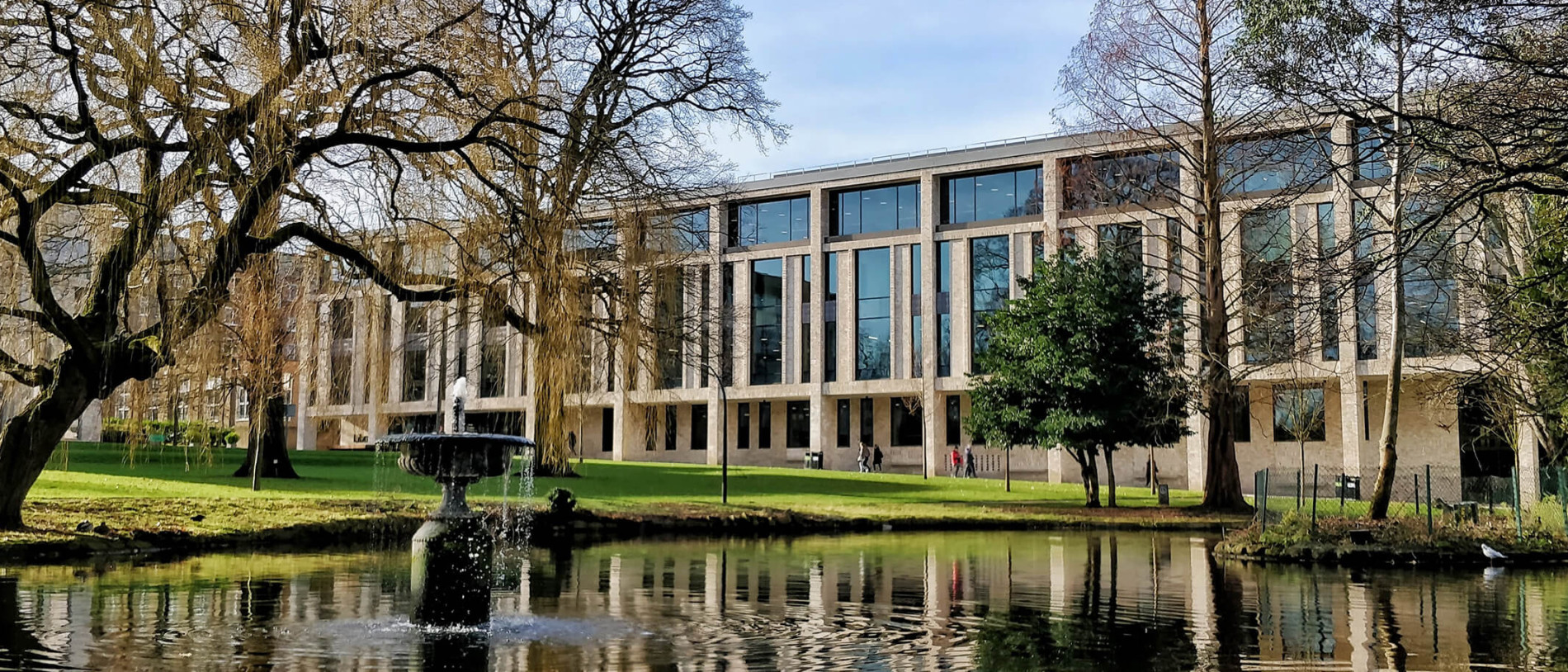

University of Roehampton
Dance Movement Psychotherapy
Study detals
: Postgraduate : MA : full-time : 2 years (full-time) 3 years (part-time) MonthRequirements
All eligible applicants to the programme will be interviewed/auditioned by the Programme Coordinator with Programme staff. Selection will be based on the following admissions criteria:
Applicants will normally be required to hold a good second-class honours degree (or above); in most cases this will be in a dance-related discipline or a clinically related discipline such as Dance, Psychology, Mental Health (Psychiatric) Nursing, or Social Work etc. Alternatively graduate level professional qualifications in appropriate disciplines such as Dance, Drama, Performing Arts, Occupational Therapy, Probation Officers or Social Work, are also accepted.
Applicants must attend an admissions day which includes experiential work and an interview, or a skype interview for international applicants.
Applicants will be expected to have prior appropriate clinical experience of having worked within a setting and with clients appropriate to the programme. Normally applicants will be expected to have a miPersonal Statement
The typed personal statement (approx 500 words) should cover the following main areas:
What has led you to wish to train as a therapist at this time?
How does this connect with your dance background, experience and hopes for the future?
what is your experience of how dance movement may enhance lives and facilitate change? (Specific reference to work or volunteering with vulnerable people is helpful).
Mention relevant courses, conferences and reading, any meetings with dance movement or other therapists.
The personal statement is also an indication of how well you express yourself in writing and helps us to identify any needs for specific support and development before or during the programme.mnimum of 1 year prior clinical experience. This might include working with children, adults or olde
r adults in the areas of learning disabilities, mental health, hospice care, dementia care, neuro-disability, homelessness, addictions etc (this is not an exhaustive list). This work can be on a voluntary or employed basis.
It is expected that applicants will have prior
movement and dance movement experience either having worked professionally in a dance movement/performance context or having practiced continuously for a minimum of 2 years prior to training. Knowledge and experience of at least two dance movement techniques/styles is required.
Applicants should also demonstrate personal qualities considered important to train as a therapist, such as their capacity to form and maintain appropriate empathic relationships with clients. They should also demonstrate emotional literacy and robustness and an ability to be self-aware and open.
Applicants will be required to supply two completed references within their application; normally one of these should be able to comment on the applicant’s academic suitability and the other the applicant’s clinical suitability for the programme.
In addition to these requirements, all students must be prepared to enter mandatory on-going personal therapy for the duration of the programme.
All applicants’ movement capacity will be ascertained as part of the interview.
We also offer 20 week evening foundation courses which provide a broad oultine and introduction in the arts and play therapies.
Speciality
Additional information
Dance movement psychotherapy is a relational process in which a client and therapist engage in an empathetic creative process using body movement and dance to assist the integration of emotional, cognitive, physical, social and spiritual aspects of self.
We believe that focusing on the creative potential of individuals in a relationship creates a sound ethical basis for psychotherapeutic work.
You will be taught by leading experts who will equip you with the skills, experience, and confidence to work as a dance movement psychotherapist.